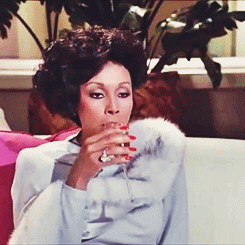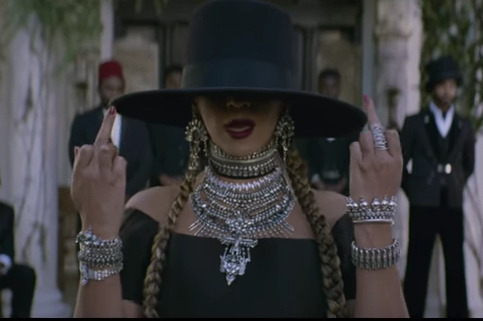Edwidge Danticat’s collection of essays, Create Dangerously, was gifted to me a few years ago, but I wasn’t ready for it yet. There’s always a time and place for certain books, and my time for Create Dangerously was the beginning of 2016. It’s been a month and a half since I read this powerful book, and I continue to go back to particular passages. Below are some of those passages that I found most striking.
On Why There are No Writers in Her Family
“Perhaps there are no writers in my family because they were not allowed to or could barely afford to attend a decrepit village school as children. Perhaps there are no artists in my family because they were silenced by the brutal directives of one dictatorship, or one natural disaster after another. Perhaps, just as Alice Walker writes of her own forebears in her essay ‘In Search of Our Mother’s Gardens,’ my blood ancestors—unlike my literary ancestors—were so weather-beaten, terror-stricken, and maimed that they were stifled. As a result, those who somehow managed to create became, in my view, martyrs and saints” (14).
On Offending Others
In response to being accused of exploiting her culture for money, Danticat writes, “Anguished by my own sense of guilt, I often reply feebly that in writing what I do, I exploit no one more than myself. Besides, what is the alternative for me or anyone else who might not dare to offend? Self-censorship? Silence?” (33)
On Memory and Forgetting
“There are many ways that our mind protects us from present and past horrors. One way is by allowing us to forget. Forgetting is a constant fear in any writer’s life. For the immigrant writer, far from home, memory becomes an even deeper abyss. It is as if we had been forced to step under the notorious forgetting trees, the sabliyes, that our slave ancestors were told would remove their past from their heads and dull their desire to return home. We know we must pass under the tree, but we hold our breath and cross our fingers and toes and hope that the forgetting will not penetrate too deeply into our brains.
But what happens when we cannot tell our own stories, when our memories have temporarily abandoned us? What is left is longing for something we are not even sure we ever had but are certain we will never experience again” (65).
On the Duality of the Immigrant Experience
“One of the advantages of being an immigrant is that two very different countries are forced to merge within you. The language you were born speaking and the one you will probably die speaking have no choice but to find a common place in your brain and regularly merge there. So too with catastrophes and disasters, which inevitably force you to rethink facile allegiances” (112).
Quoting Jean Michel Basquiat on Cultural Memory
“‘I’ve never been to Africa. I’m an artist who has been influenced by his New York environment. But I have a cultural memory. I don’t need to look for it, it exists. It’s over there, in Africa. That doesn’t mean that I have to live there. Our cultural memory follows us everywhere, wherever you live.’” (132).
On Creating Dangerously
“I am even more certain that to create dangerously is also to create fearlessly, boldly embracing the public and private terrors that would silence us, then bravely moving forward even when it feels as though we are chasing or being chased by ghosts” (148).


